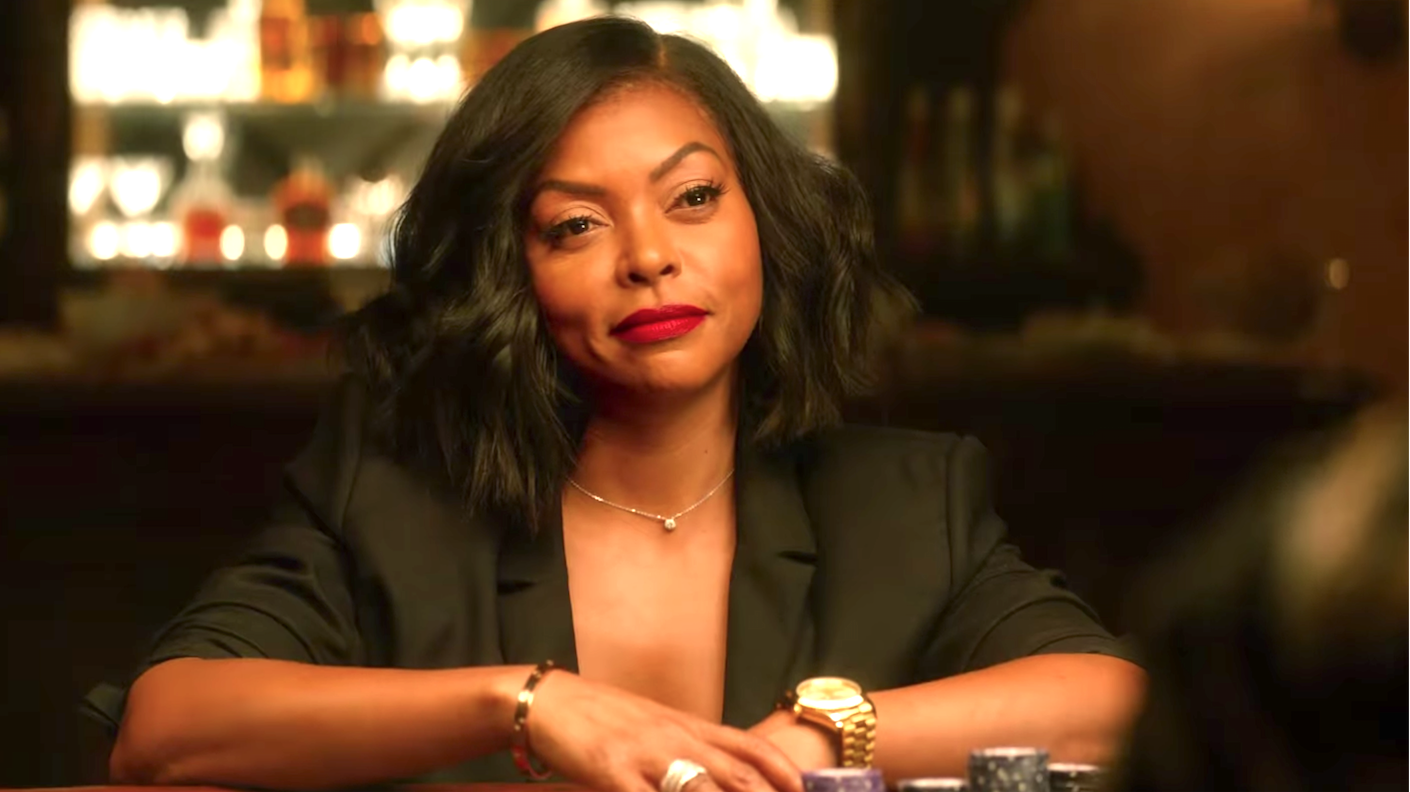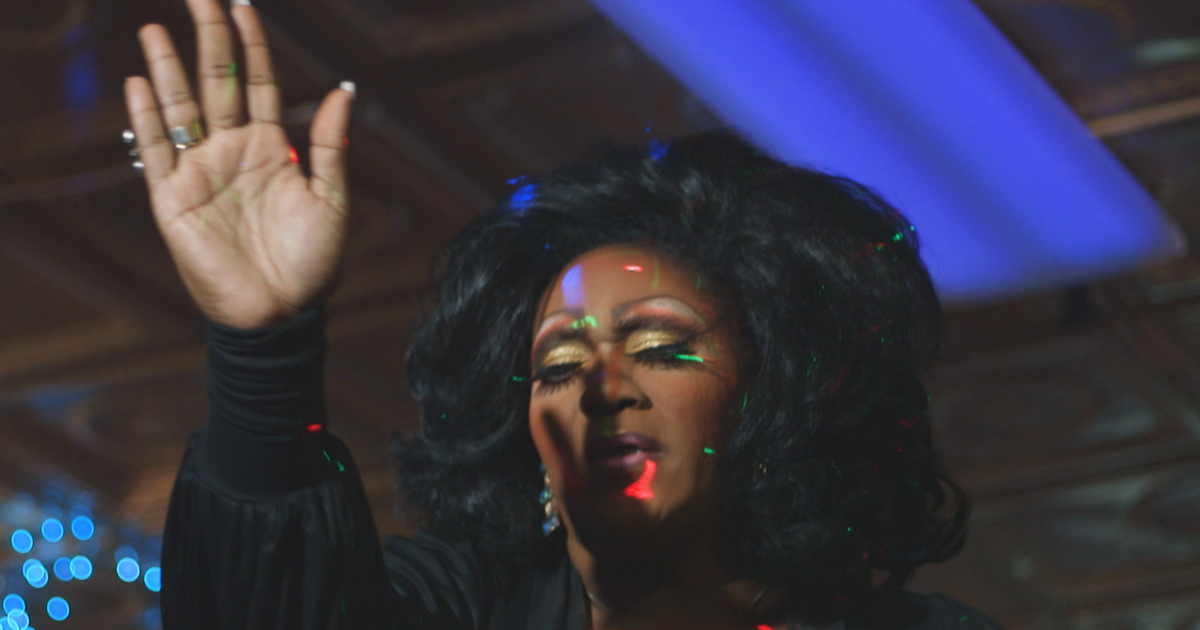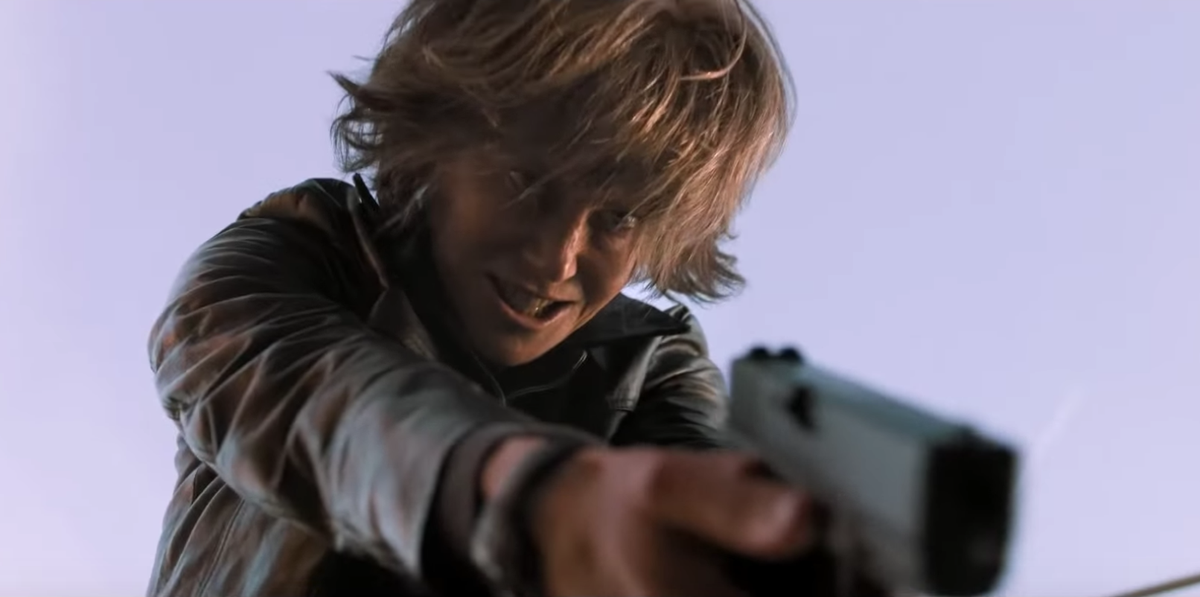The Lego Movie 2: The Second Part
by Hope Madden
Everything is not awesome.
Don’t tell Emmet (Chris Pratt), though. Try as he might (mainly to please the ever-brooding Lucy/Wildstyle {Elizabeth Banks}), he can’t seem to take on the bleak attitudes of those populating Apocalypseburg.
Wait, didn’t that used to be called Bricksburg? It did, but that was before Dad invited kid sister to share in the Lego fun. Since that day, Emmett and his buds live Fury Road-esque in a smoldering wasteland, forever on the lookout for cute but dangerous aliens from the Sistar System.
When said aliens abscond with all the Master Builders (Lucy, Batman {Will Arnett}, Unkitty {Alison Brie}, MetalBeard {Nick Offerman}, and Benny {Charlie Day}), Emmet will have to find some grit to save his friends.
Returning writers Phil Lord and Christopher Miller update their 2014 tale, this time directed by Mike Mitchell (Trolls), with some pre-adolescent angst that surprisingly mirrors the post-Trump revelation that everything really isn’t awesome.
Out there in the Sistar System, Queen Watevra Wa’Nabi (Tiffany Haddish, a hoot) sings in Disney Villain tones that she is definitely not at all evil. Definitely. Not at all. Meanwhile, she manipulates Batman’s inner narcissist to convince him to marry her in a ceremony Emmet is convinced will bring about Ourmomageddon.
Yes, much of the charm of the original has worn thin. To make up for it, the sequel relies too heavily on pop culture references (a good chunk of the film is about funny, chubby Chris Pratt versus chiseled, hot Chris Pratt and his spaceship full of velociraptors). An abundance of live action plus a clumsy Back to the Future gag fail to entertain as much as they do force the story forward.
Still, Lord and Miller nimbly use the “don’t lose your inner child” theme so popular in family films to cast a side glance at the current bleakening of society. Emmet tries harder and harder to lose his sweetness and optimism in favor of the more masculine stylings of his new friend Rex Dangervest (also Pratt, channeling his Guardians co-star Kurt Russell).
Of course, we all pull for the childlike Emmet to survive, just as the film seems to hope that our own positivity can survive our own Apocalypseville.









